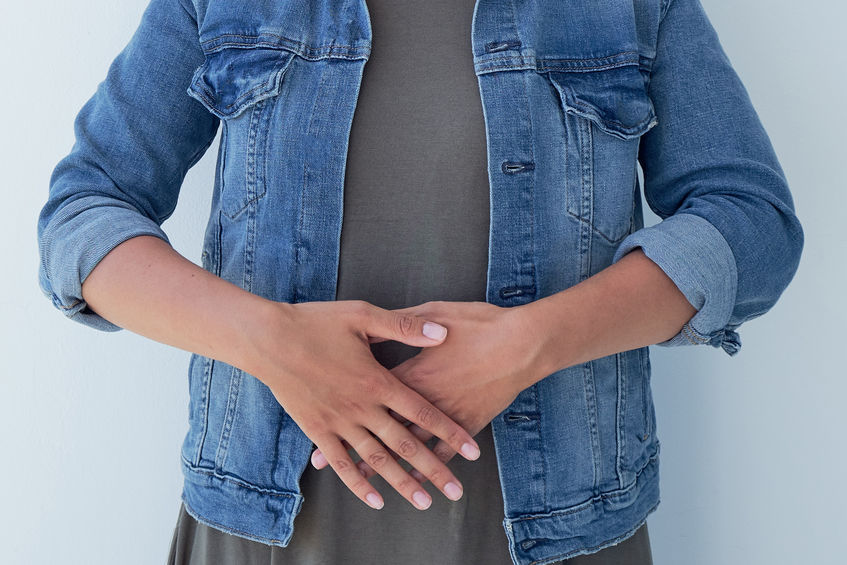Antibiotics for Diverticulitis
What is diverticulitis?
Diverticulitis is the inflammation, tearing, and/or infection of the diverticula, which are marble-sized, sac-like pouches formed in the colon. These diverticula form in weak places in your colon that give way under pressure. Diverticulitis can be simple or complicated. Simple diverticulitis is when someone has acute diverticulitis without any complications. Complicated diverticulitis is when someone has diverticulitis plus a complication such as bowel obstruction, abscess, fistula, or perforation. Approximately 25 percent of people with acute diverticulitis have associated complications.
Signs and symptoms of diverticulitis
The symptoms of diverticulitis depend on how severe the condition is and whether it is simple or complicated. The most common symptom is abdominal pain, which usually occurs in the left lower abdomen. Diagnosis is usually confirmed with some laboratory tests (ex. Elevated white blood cells) and through computed tomography (CT) imaging. The imaging also helps determine if the disease is complicated or uncomplicated.
What puts someone at risk for diverticulitis?
Certain factors may increase the risk of developing diverticulitis, including the following:
- Increased age
- Obesity
- Smoking
- Lack of exercise
- Low fiber diet
- Diet high in animal fat
- Certain medications (ex. non-steroidal anti-inflammatory drugs aka NSAIDS, opioids, and steroids)
Treatment
Treatment usually depends on whether the diverticulitis is considered complicated or uncomplicated. If the condition is uncomplicated, it can be treated without surgery in most patients but may still require hospitalization depending on how sick the person is. For complicated diverticulitis, the complication (ex. perforation, obstruction, fistula, or abscess) must also be addressed, which typically requires hospitalization and/or surgery. While in the hospital, it is likely a person with diverticulitis will be put on intravenous (IV) antibiotics, and once the condition is stabilized can be switched to oral antibiotics to go home with (usually with one of the antibiotic combinations listed below).
If someone is deemed appropriate to receive treatment without hospitalization, treatment typically consists of oral antibiotics for 7-10 days. Only certain antibiotics may be used for diverticulitis because there are specific bacteria in the gastrointestinal tract. A typical antibiotic regimen for diverticulitis might include one of the following:
- Ciprofloxacin (Cipro®) + metronidazole (Flagyl®)
- Levofloxacin (Levaquin®) + metronidazole (Flagyl®)
- Sulfamethoxazole-trimethoprim (Bactrim®) + metronidazole (Flagyl®)
- Amoxicillin-clavulanate (Augmentin®)
- Moxifloxacin (Avelox®) – usually only if you have allergies to the other medicines
Generally, after recovery from acute diverticulitis, it is recommended to get a colonoscopy to determine whether there is an underlying colorectal cancer, unless he or she has already had a colonoscopy in the past year. Many people (about 30 percent) will remain without symptoms after a first attack of diverticulitis, but others may have additional bouts of diverticulitis or chronic abdominal pain after having diverticulitis.
References:
1) Uptodate
2) https://www.mayoclinic.org/diseases-conditions/diverticulitis/symptoms-causes/syc-20371758












